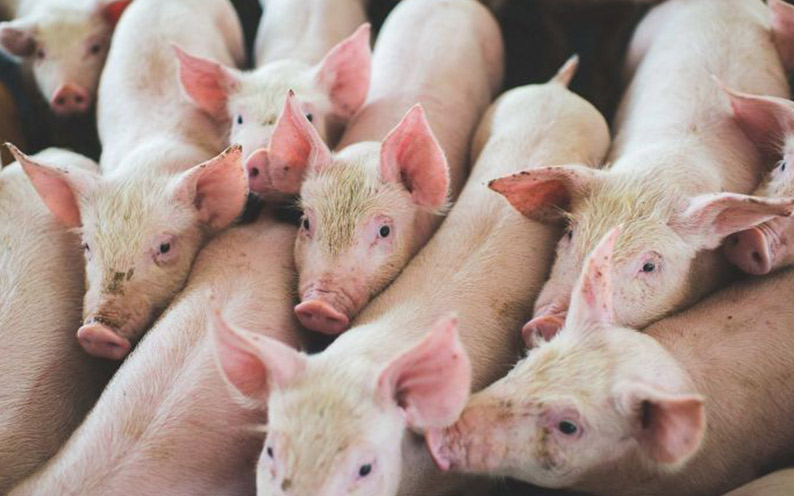SEVERAL state and federal politicians have initiated moves to address cruelty to farm animals.
Proposed legislation purports to protect the interests of animals and has been prompted by break-ins at piggeries, ostensibly to photograph and expose animal mistreatment.
As consumers and moral beings we have good reason to be concerned about being the beneficiaries of cruelty.
However, a closer look at such legislation and the motivations behind it reveal a different story.
Its sponsors allege that what is at stake is Australia’s profitable domestic and export meat industry, which is being threatened by allegations of cruelty by groups whose ultimate goal is to make us all vegetarians.
As a meat eater, I suspect that many of those revealing mistreatment in the meat industry do have this as a long-term goal.
But that goal is distant from the much more reasonable goal of combating animal cruelty. Unless, of course, industry representatives want to tell us that cruelty is essential to the viability of their industry.
I suspect they do not but perhaps it is more important to profitability than they wish to let on because diminishing cruelty will be costly.
So they have chosen a strategy to make it much more difficult for animal rights groups to access properties, highlight the privacy invasion, increase penalties for trespass, make it a biosecurity hazard and require the immediate reporting of photographic evidence of mistreatment to authorities, thereby making it difficult to build a solid case against offenders.
As important as the meat industry is to Australia’s economy, the bottom line is whether it is or must be carried on the back of animal cruelty.
As a civilised country we should be opposed to that possibility.
Prof John Kleinig is criminal justice ethics specialist at Charles Sturt Universit

